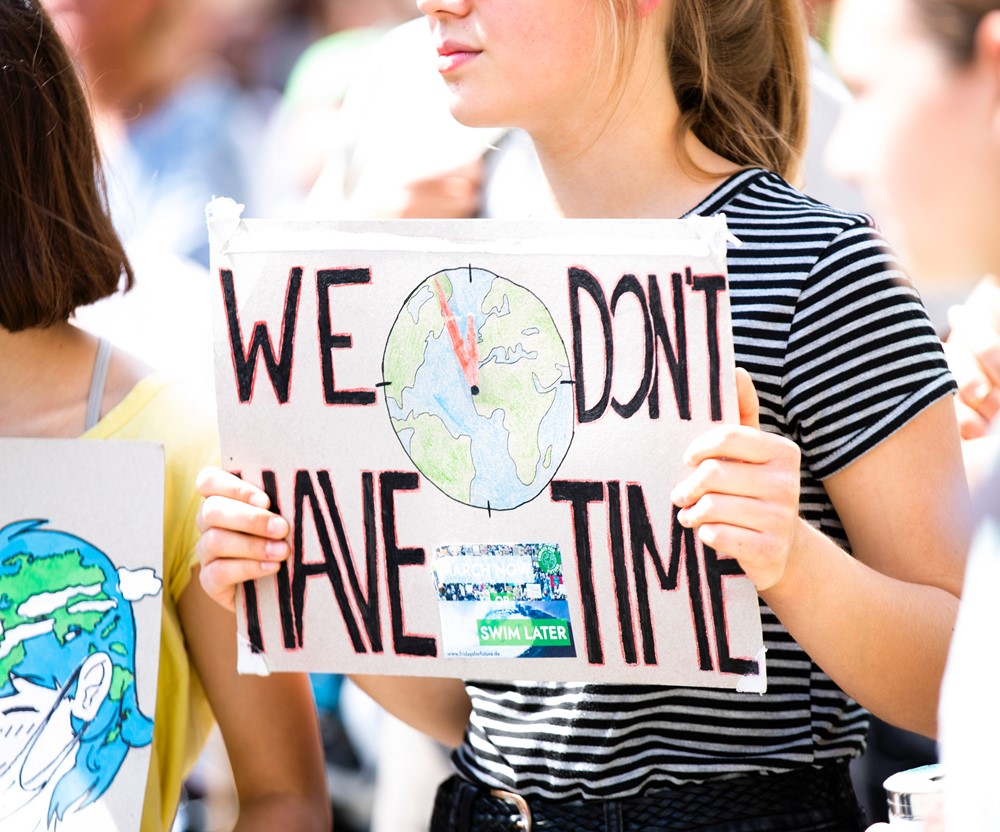
How to be an activist
Do You Want To Be An Activist But Hate Activewear?
Categories
- Thought Leadership
Forget a bee in your bonnet (pffft who wears bonnets these days), have you got a gigantic tic in your trousers? Or a flea in your fedora? Is there something that makes you grind your teeth at night and you really want to do something about it but you look around at all the activists out there with their microphones and soapboxes, waving their arms in public, and you would prefer to just wave from your house? You might not want to even share a post about it because you don’t want Great Aunt Marcia knowing what you care about either. We hear you.
Being an activist is not something we’re all born into but that doesn’t mean we can’t or don’t care about things.
Those fleas and tics won’t let up with the itching some days making our molars scream at us to do something. Here are three ways you can make a difference about something you care about without feeling like you need to take the day off school and protest until the whole world is watching (we love Greta but it’s OK that we’re not all like her).
-
Sign petitions.
It’s easy to think that one small signature won’t kick whatever you want to change—the patriarchy, capitalism, to name a couple of things that keep us grinding our teeth—but if enough people sign, then a petition really can turn into a mighty foot that can kick above its weight. Here are three petitions that have created change from thousands of individuals who didn’t like something:
Getting free sanitary pads into schools
Getting plastic surgery games away from 3-year-olds
School Strike 4 Climate Change
Oh and let’s not forget this one - giving women the right to vote -
Send an email to somebody doing the activisting.
One of our team, Dr Kasia Wilson, often feels like she’s in the minority trying to get entire organisations to look at gender through a fairer lens. She’s the creator of the Gendertick and she was telling us recently about getting an email from someone who said ,’I love what you’re doing and want you to know there are people out here who are supporting you from the sidelines, keep going, keep doing your good mahi!’ Getting a message of encouragement from a stranger can really make an activist feel like they are not alone and can be a boost to keep going. And when we say ‘message’, that’s not posting a comment at the bottom of 324 other comments on a popular post. That’s finding a way to get a message directly to them, you to them. Let them know you’re waving from your corner of the world. -
Say it, even when you feel uncomfortable.
Annoyingly, change doesn’t usually come about from a gigantic tsunami-esque assault on society. It comes from lots of small things. Rosa Parks was one individual who stood up on a bus but it was part of a bigger plan that tapped into the zeitgeist of the 1950s, where conversations had already been happening for a long time. If there’s something you care about then saying one small thing to somebody can contribute to a wider movement of changing culture. Let’s say you care about turtles, then suggesting to somebody they don’t need a straw might seem like a small thing, and it can be uncomfortable, but it all adds up. You never know who’s listening. Or if you care about women’s bodies being respected—something we wish everyone cared about—then telling someone that their joke is lame and inappropriate can be super uncomfortable but you end up feeling better than saying nothing. Plus the uncomfortableness passes way faster than those tics and fleas that don’t stop pestering you at night when you’re alone with your thoughts!
Other stories you might like




